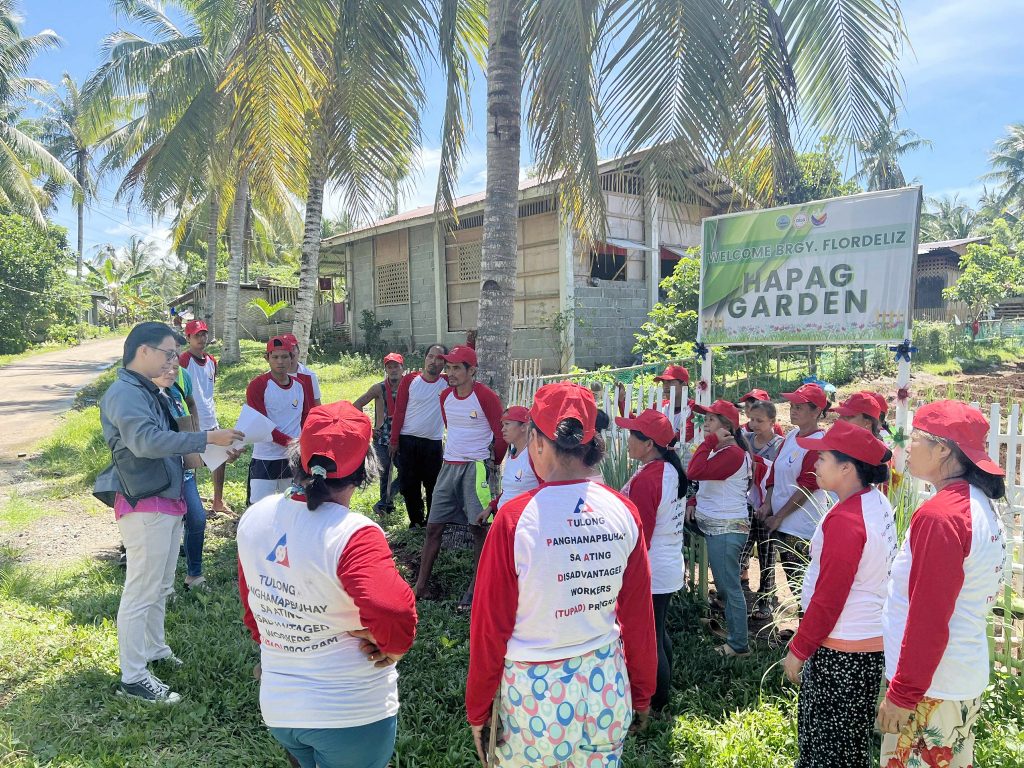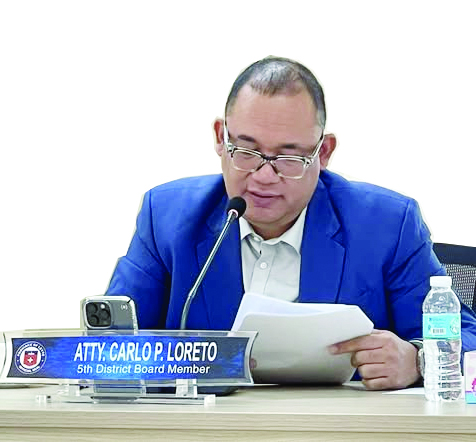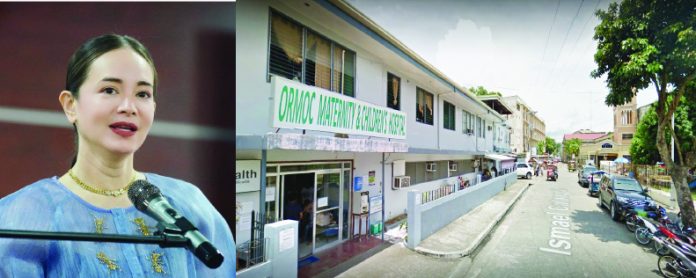TACLOBAN CITY — More than 142,000 disadvantaged and displaced workers in Eastern Visayas found relief in 2025 through the Department of Labor and Employment’s (DOLE) Tulong Panghanapbuhay sa Ating Disadvantaged/Displaced Workers (Tupad) program, which provided over P690 million in emergency employment assistance.

According to DOLE Eastern Visayas, a total of 142,825 workers across the region benefited from Tupad, a short-term employment initiative designed for individuals affected by economic disruptions, natural disasters, and other crises.
Of the total beneficiaries, 12,778 were assisted through Tupad projects implemented in coordination with other government agencies, including the Department of Social Welfare and Development, Department of Environment and Natural Resources, Department of the Interior and Local Government, Department of Justice–Parole and Probation Administration, and the Bureau of Jail Management and Penology.
“Beyond providing temporary employment, Tupad brings hope and allows workers to support their families during difficult times,” said Regional Director Dax Villaruel, highlighting the program’s role in aiding the region’s most vulnerable sectors.
The program also contributes to community recovery and resilience, with beneficiaries engaged in community-based activities such as cleanup and rehabilitation, repair and maintenance of public facilities, and other projects that directly benefit local communities. Wages earned under Tupad help households meet basic needs and offset the impact of temporary livelihood losses.
DOLE credited the program’s success to strong coordination with local government units, partner agencies, and community stakeholders, ensuring that aid reached qualified beneficiaries across all provinces, cities, and municipalities in Eastern Visayas.
Tupad remains one of DOLE’s flagship programs, providing both immediate income support and a means to strengthen communities throughout the region.
(ROEL T. AMAZONA)







